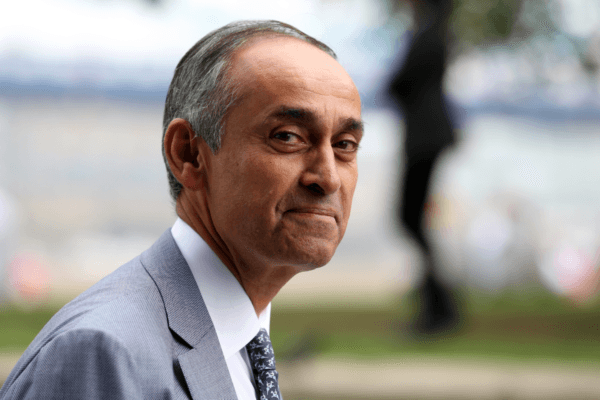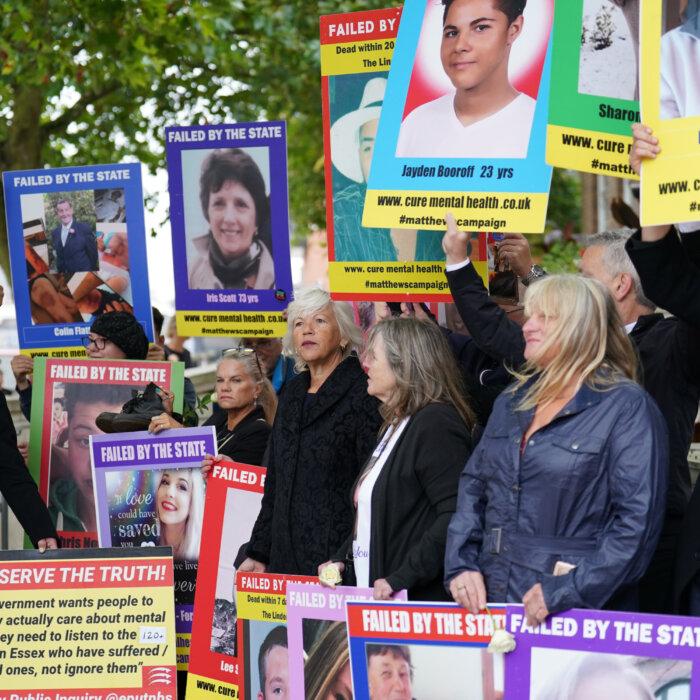There are widespread issues across the NHS, but there will be no more money without reform, the prime minister has said.
Findings included cancer care in the UK falling behind other countries, waiting times for hospital procedures ballooning in 15 years, and waiting times at A&E causing thousands of extra deaths annually.
The investigation, conducted by independent peer Lord Ara Darzi, was commissioned by Secretary of State for Health and Social Care Wes Streeting and sets out the themes for the government to incorporate in its 10-year plan to reform the health service.
“So, hear me when I say this, no more money without reform,” he said.
“We know working people can’t afford to pay more, so it’s reform or die,” he added.
The prime minister said the 10-year plan will create more access to care in the community—such as improved GP access as well as more health care services available on the high street—more preventative care, and better use of digital services, such as online consultations.
Waiting Times
The report covers the period that followed the last Labour government, from the Conservative–Liberal Democrat coalition in 2010 to the last Conservative government under Rishi Sunak.In it, Darzi outlined that people were struggling to access services across the NHS and in a timely manner, notably GPs, with the number of fully qualified family doctors falling, relative to the population.
Waiting lists for community services—such as health visitors and district nurses—and mental health services “have surged,” with more than 1 million people waiting for community services as of June 2024.
The report also found that in 2010, 94 percent of people at A&E would be seen within four hours, but that figure had dropped to 60 percent by May 2024.
“According to the Royal College of Emergency Medicine, these long waits are likely to be causing an additional 14,000 more deaths a year—more than double all British armed forces’ combat deaths since the health service was founded in 1948,” the report said.
Waiting times for hospital procedures have also “ballooned,” with more than 300,000 people waiting for over a year for procedures, 15 times higher than in March 2010 when 20,000 found themselves waiting more than 12 months.

Cancer care is still lagging behind other comparable countries, with the UK’s cancer mortality rates being appreciably higher, the report found.
Darzi, a former Labour minister during the Gordon Brown years, laid blame for the state of the health service on the Conservatives and coalition government before it, saying in a statement: “In the last 15 years, the NHS was hit by three shocks - austerity and starvation of investment, confusion caused by top-down reorganisation, and then the pandemic which came with resilience at an all-time low.
“Two out of three of those shocks were choices made in Westminster.”
‘Cover’ for Tax Rises
Responding to the report, shadow health secretary Victoria Atkins said she was concerned that despite the assurances of no extra funding without reform, the review would be used for “providing a bit of cover for tax rises in the budget,” set to come next month.Atkins, the former health secretary under the last Conservative government, also said that the report was “backwards looking rather than looking to the future,” noting the action she took in Cabinet to reform the NHS, including a productivity plan to introduce frontline technology so staff did not have to spend so much time doing paperwork, as well as a long-term workforce plan and plans to build new hospitals.
She told LBC on Wednesday that while the Darzi report should be read carefully and given consideration, what the government should also be looking at, for example, is the impact that putting 5,000 more beds into hospitals last year had on A&E waiting times, as well as more ambulances and care packages for people at the end of their journey with emergency services.
The former minister’s comments come as the latest figures show that last month, NHS England met its new four-hour A&E waiting time target for the first time since it was brought in.
And while the overall waiting list for hospital treatment remained unchanged in July, waits of more than a year fell to their lowest since December 2020.







